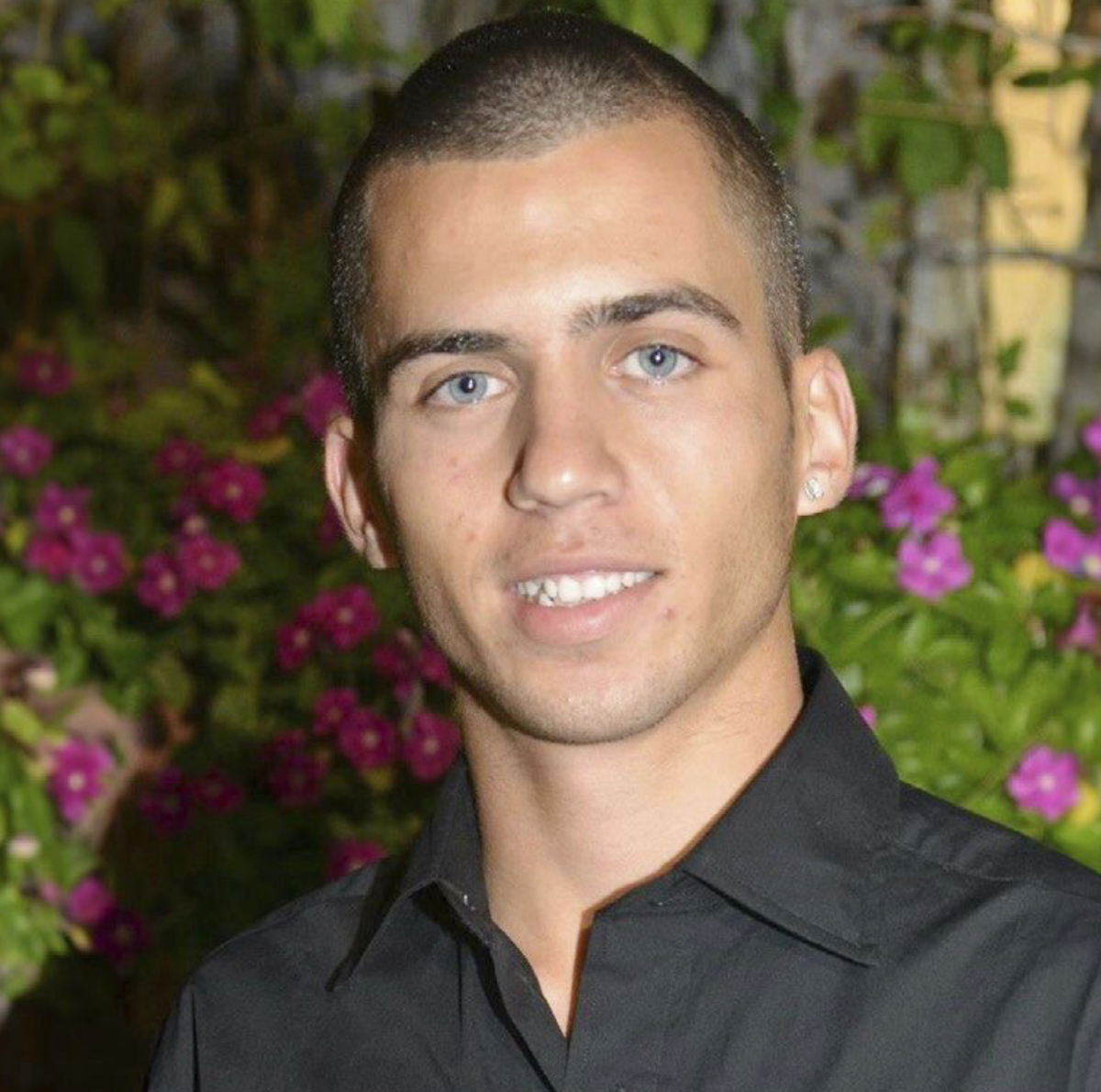DUBAI: Provocative US right-wing commentator Tucker Carlson criticized the US government for its failure to advocate for a ceasefire in both Gaza and Ukraine, stating that the nation is “losing moral authority.”
Speaking at the World Government Summit in Dubai on Monday, the former Fox News political commentator emphasized the need for the US to refrain from supporting wars solely for its own interests, a strategy commonly referred to as proxy warfare.
“If you see a nation with awesome power, abetting war for its own sake, you have a leadership that has no moral authority, that is illegitimate,” Carlson said.
“(The US) has been a morally superior country. (But) if we allow our leaders to use our power to spread destruction for its own sake, that is shameful.”
Known for his longstanding criticism of the domestic and foreign policies of President Joe Biden’s administration, Carlson stands out by opposing Republican support for Israel in its self-defense against Hamas.
During a one-on-one session with Egyptian journalist Emad Eldin Adeeb, Carlson voiced frustration with the current state of American politics, criticizing Biden for incompetence and the lack of freedom to openly discuss such issues.
“The president is an unconscious menace, and ... in my country, it is considered very rude to say that and you sort of wonder, how did you get to a place where you have an incompetent president who’s driven not simply the standard of living but life expectancy downward?” Carlson said.
Offering a comparative analysis of living standards, he remarked on his recent trip to Moscow, a city of 13 million, which he found to be “much cleaner, safer, and more aesthetically pleasing” than numerous cities in the US.
“Isn’t that the ultimate measure of leadership?” he argued. “(Consider cities like) Singapore, Tokyo, Dubai and Abu Dhabi. These cities, no matter how we’re told they’re run and on what principles they’re run, are wonderful places to live, don’t have rampant inflation, (and) you’re not going to get raped.”
Discussing his recent interview with Russian President Vladimir Putin, a rare concession by the Russian leader to a Western journalist, Carlson addressed the criticism he faced for not delving into issues like freedom of speech or addressing accusations of political assassination.
He clarified that his goal was to understand the world from Putin’s perspective, rather than amplify Putin’s version of history.
In defense of the interview, Carlson accused Biden of lacking an understanding of history and international relations, asserting that American policymakers mistakenly believe Putin aims to expand his borders.
According to Carlson, Putin clarified during the interview that his intention to invade Ukraine was triggered by the open invitation from US Vice President Kamala Harris to Ukraine to join NATO, a privilege denied to Putin years earlier.
Carlson described this move as “a synonym for the plan to put nuclear weapons (on the border) with Russia.”
Citing censorship within the US media landscape, Carlson claimed to be the sole voice to underscore the significance of the NATO invitation in the context of potential conflict.
“This just tells you how constipated and restricted and censored the US media landscape is,” Carlson argued. “But I was the only one who said that.”
He added: “The purpose of diplomacy is to reach a peaceful, mutually — one hopes — beneficial, conclusion to a crisis.
“If you’re showing up voluntarily at the Munich Security Conference and saying, ‘Hey, Zelensky, why don’t you allow us to put nuclear weapons on Russia’s border?’, you’re cruising for a war because you know that’s the red line.”


























